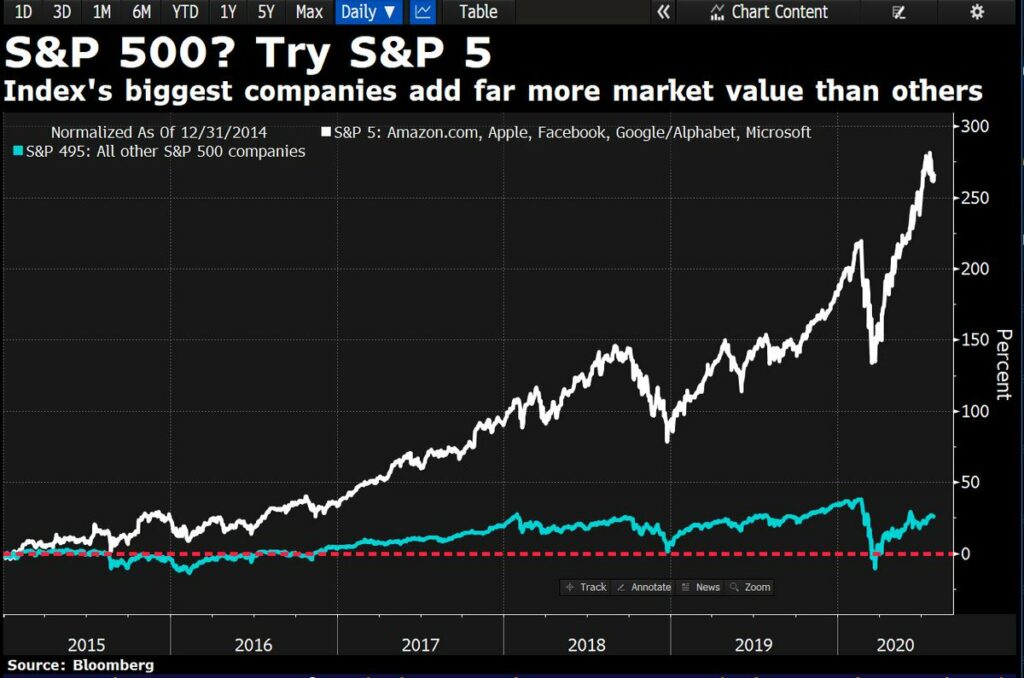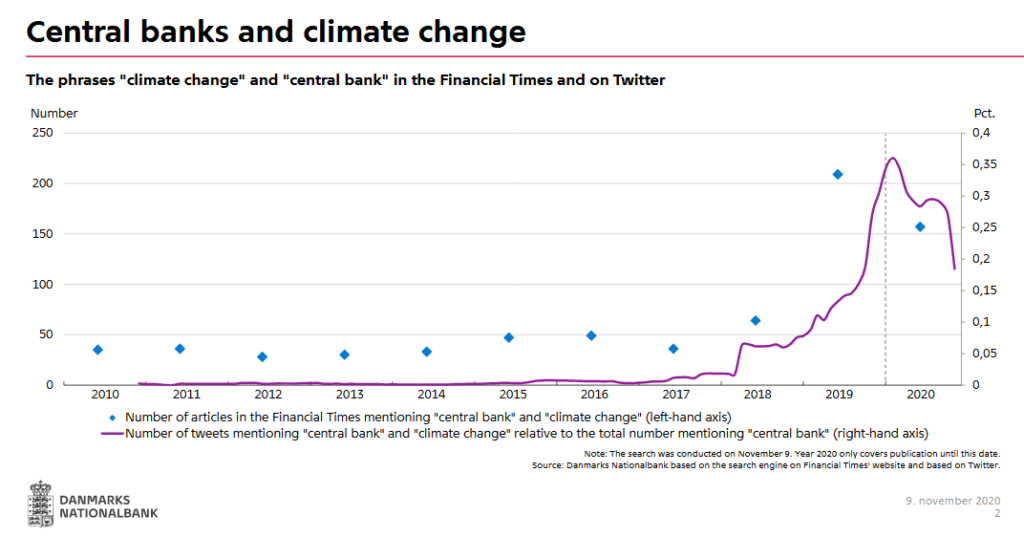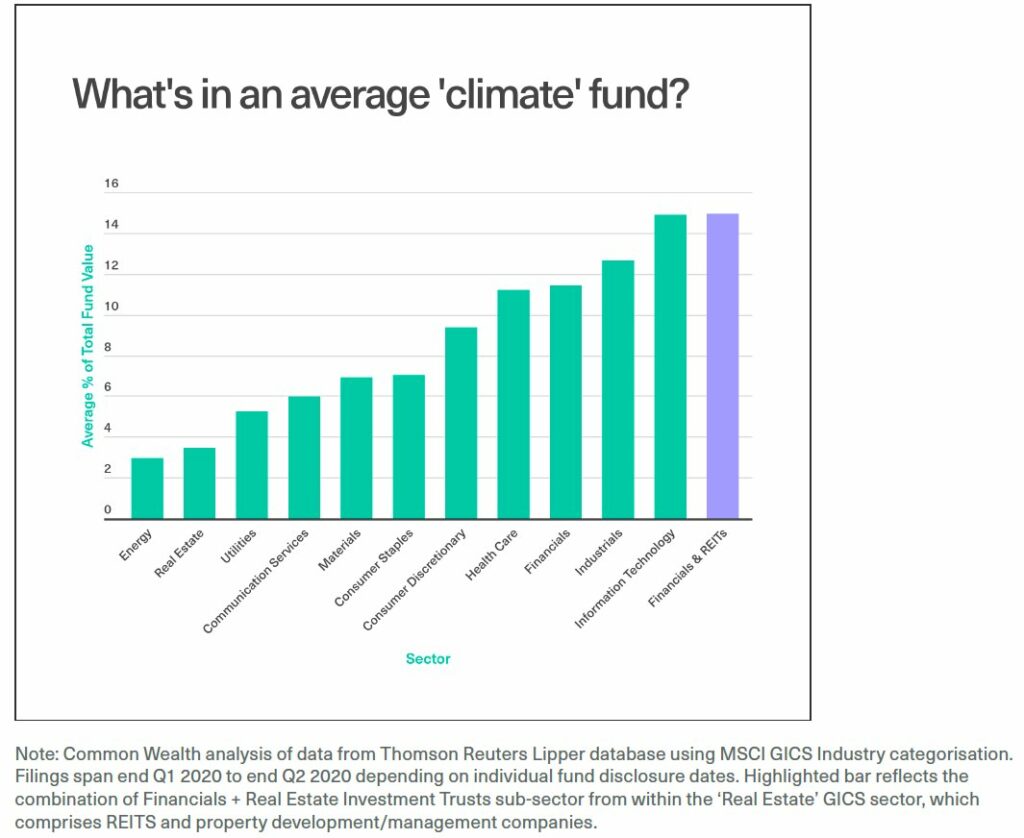Listen to this episode on Spotify, Apple or YouTube!
Transcript:
“Hello and welcome to another episode of The Finrestra Podcast. My name is Jan Musschoot.
This is our first episode of December, so here is a quick recap of the European financial news of November 2021.
- Euro area inflation remains far above the ECB’s 2 percent target. Dutch inflation was 5.2 percent, a figure not observed since 1982. The German inflation rate was the highest since 19 ninety 2. Ironically, the union of the ECB’s own employees wants higher wages due to inflation.
- In other record news, the French stock market index CAC 40 reached a new all-time high. It finally surpassed its peak from the year 2000.
There was also consolidation news:
- BBVA wants to buy the stake of Turkish Garanti BBVA bank it doesn’t own yet
- KBC buys the Bulgarian banking activities of Raiffeisen Bank International
The news of record high stock prices brings us to the topic of this episode: European bank CEOs should be ashamed.
Why?
Because their stocks have been horrible investments. Despite a nice rally in 2021, most large European banks still trade 70, 80 or 90 percent below their 2007 highs.
Or look at banks by market capitalization. The biggest European bank, HSBC, is only worth a quarter of American JP Morgan. And you could argue that HSBC isn’t even really a European bank, as most of its profit is generated in Hong Kong.
What’s the second largest European bank by market cap? Surely it must be a German, British or French one? Nope. It’s actually Sberbank of Russia. Russia, a country with a GDP smaller than Italy’s.
I can hear some CEOs already. How they are victims of low interest rates, low growth, overcapacity. Blah blah blah.
Instead of making excuses, take a hard look at banks like DNB, KBC, Nordea and SEB. Why are these relatively small banks worth more than giants like Deutsche Bank, Société Générale and UniCredit?
I know the answer. But do bank CEOs?
Here’s some free advice. Listen to episode 3 of the Finrestra podcast. And watch the “Bank in two minutes” series on our YouTube channel.
What will you learn? That successful banks focus. Focus on a few countries. Focus on one client segment, or at least on very complementary segments.
In contrast, banks with low profitability are often monsters of Frankenstein. They are part retail bank, part investment bank. They are active in dozens of countries.
They are big, but do they deliver what clients and investors want? The market doesn’t think so.
Now dear listener, before I go, I want to ask you a favor. For an upcoming episode, I would like to talk about Industry, the series about junior investment bankers. I recognized a lot of situations in the series. So if you work in a bank, watched Industry and would like to talk about it, please contact me! This has been another episode of The Finrestra Podcast. If you have suggestions for topics or guests, you can mail me at jan.musschoot@finrestra.com. You can find me on twitter @janmusschoot. Thanks for listening!”



